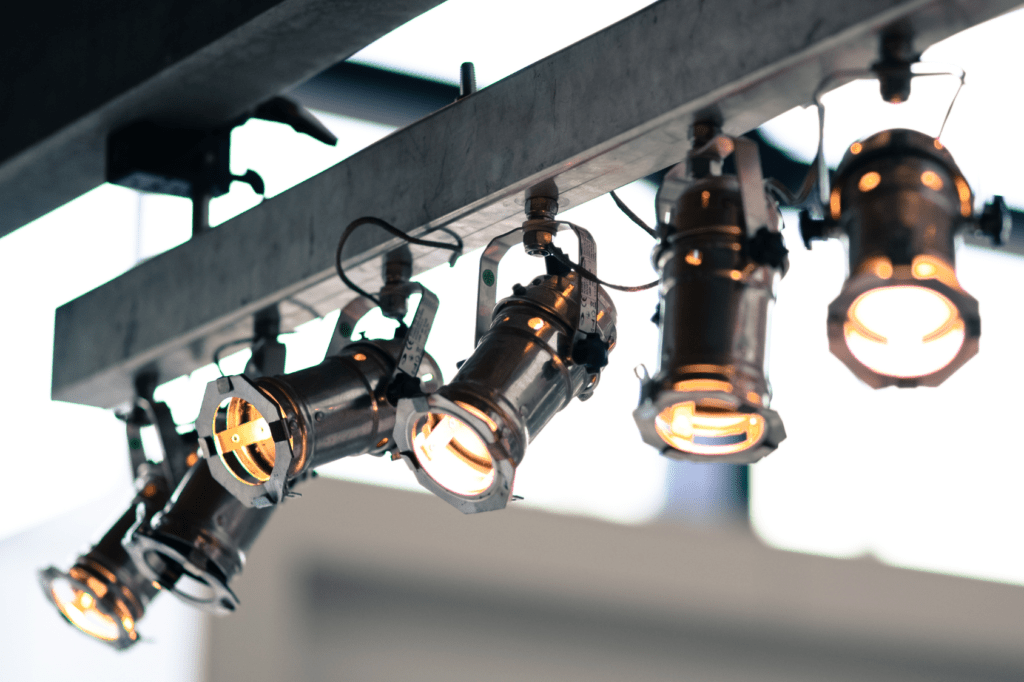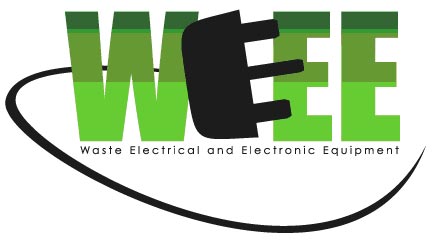Here at DRK Lighting, we are dedicated to changing a not-so-sustainable industry to have as minimal impact as possible on the planet. Our mission statement: LIGHT THE FUTURE, reflects our corporate ecological commitment. Lighting is estimated to account for 20% of the world’s electricity consumption. We have to take action to future-proof the environment. At DRK Lighting, we are leaders in this positive direction by delivering energy savings, extending product lifetimes, reducing hazardous substances and our upcycling and remanufacturing initiative.
We are keen to encourage the adoption of sustainable models to limit environmental impact and therefore want to give an idea of the possibilities and what we’re seeing becoming more popular options for our clients:
Remanufacturing and upcycling to reduce waste

Royal Woolwich Arsenal Historic Building light fitting’s upcycled by DRK
DRK is quickly gaining a reputation for our upcycling and remanufacturing of luminaires. It is a sustainable alternative to buying new light fittings and means we can reduce the use of raw materials, minimise waste, extend product lifecycles, and help our planet while still creating a comfortable environment for employees and customers. This is important as raw materials are depleting, with metals such as copper predicted to run out this century. Urban mining will be the future of these materials, with metals recovered from discarded electrical equipment, and that’s exactly what we do with our remanufactures. The long term-energy savings from these repurposed products are equally financially beneficial for businesses and cut out the cost of making good from installing new fittings.
To find out more about what DRK Lighting are doing to promote sustainability, head to our article on Upcycling and Remanufacturing: https://drklighting.co.uk/sustainability-upcycling-and-remanufacturing/.
Modular light fittings (accessibility to and versatility of component parts)

Modular lighting
Resource efficiency aims to reduce the use of new raw materials in products, so modular designs are favourable, with replaceable light sources and control gear. If one of the critical components fails, it can be replaced without replacing the entire fitting. By doing so, resources are more efficiently used, reducing the carbon footprint.
A modular light fitting can be programmed and adjusted to meet the user’s needs, with function, shape, and colour easily changed. These modular fittings allow for maximum flexibility, popularity, and longevity.\
Eco-friendly materials

WEEE Directive logo
A light source’s efficiency is not the only factor contributing to sustainability regarding energy savings. Lighting components are made up of a variety of materials, including plastics and metals. These produce a great deal of waste and can be a source of pollution if not properly disposed of or recycled. As a result, companies are investing in reducing plastic parts in their products. Plastics are being replaced with recycled and recyclable materials that do not come from oil. The future of plastics is in degradable and biodegradable polymers as they are derived from natural elements and renewable sources and are less hazardous to the environment. Another sustainable change has been replacing adhesives with screws to allow for access.
Anything that cannot be reused and repurposed at DRK is disposed of in compliance with the WEEE directive, contributing to sustainable production and consumption. They address environmental issues caused by discarded electronics in the EU and ensure materials don’t end up in landfills.
Dimmer, Motion Sensors and Smart Technology

Osram Hubsense – Qualified Bluetooth Mesh
These devices are all about reducing consumption, identifying faults and increasing flexibility for the user. Energy conservation is a top priority for both the planet and the bottom line, and Smart technology, dimmers and motion sensors help to automate and reduce energy usage.
The advancement of commercial lighting control with Bluetooth means systems such as Osram Hubsense are now in high demand. With these Bluetooth systems, large-scale lighting control solutions are possible without requiring centralised control systems, reducing labour and installation costs. DRK is a forerunner on this initiative and promotes Osram Hubsense as our preferred partner.
LED

LED Tape
Lastly, and most widely recognised development has been the transition from incandescent bulbs to LED. LEDs use up to 90% less energy and last up to 25 times longer than traditional bulbs. By 2030, LEDs are expected to account for 81% of all light sources, and so far, DRK Lighting have been innovators with LED linear strips. This LED optimisation has been the lighting industry’s first step towards a reduced carbon footprint with lower energy consumption meaning less carbon dioxide (C02) produced, and their durability has meant a reduction in waste materials. Both of these factors help businesses save money.
Overall, promising developments are happening in sustainable lighting. It all depends on companies like us to make business decision-makers and contractors aware of their options. Knowing that the right environmental decisions can also be cost-effective, especially with increased pressure from a more environmentally conscious society, is essential. A 2019 YouGov study found that 67% of end users were more likely to choose to buy from businesses that were using sustainable practices and reducing their environmental impact. A further 2021 Simon-Kucher & Partners study determined that 33% of UK consumers are willing to pay more for sustainable brands.
These figures demonstrate the commercial value to businesses to invest in the right direction regarding sustainability.
If you would like to find out more information, please don’t hesitate to get in touch at info@drklighting.co.uk or give us a call on 0207 018 2202 between 7 am-6 pm.


